You could practically feel the hope flare in many a Joburger’s bosom on the news this weekend that Helen Zille is the DA’s candidate for the worst job in South Africa right now: Joburg mayor. But the one thing Zille needs is time and, for a while at least, low expectations.
“I’ll repeatedly say: it’s taken 30 years to break Joburg and this is going to be a two-term project to fix it,” she tells Currency in an interview.
“It can be fixed but we have to use the money wisely and well, have a budget for maintenance and stop being an employment bureau for ANC cadres and cut the corruption out of the tender process.”
And appoint private sector experts independent of the DA to help do this? “Of course,” Zille replies. “We have to work within the law, but obviously I’ll be looking for experts.”
At this point, long-suffering residents who’ve watched city crumble around them would probably push for a wholesale purge of most city staff. For now, Zille says only that people “are going to be judged on their work ethic and quality of work, and their integrity”.
As it stands, “almost every (city) function is duplicated with departments and entities (like City Power) and people are getting huge amounts of money simply to attend meetings”, says the Joburg-born former Western Cape premier. “It’s completely ridiculous – they see it as a cash cow.”
That mindset has hobbled critical maintenance, let alone development, in South Africa’s richest city. It’s key to South Africa’s GDP, contributing about 16%. But it’s broken. Roads are cracked, pavements have disintegrated, the water pipes are rotten.
It’s no wonder that property prices, according to a recent report from the Lansdowne Property Group, are back at 2007 levels – even as municipal valuations have surged. This has placed huge pressure on residents through relentlessly rising rates bills, even as the quality of services has plummeted.
The decline is a terrible development for South Africa’s nascent Black middle class, especially. And it is from these traditionally non-DA voting ranks that the party is hoping to secure support.
As political analyst Ralph Mathekga tells Currency: “The ANC’s weaknesses across the country started in the Western Cape and then Gauteng followed suit. You’ve got the middle class and the ANC is polling quite poorly in urban areas – so the DA stands a chance to win it outright, but we know the pushback might be ANC leaders within Gauteng try to cobble something with the EFF.”
Coalition country
The electoral politics are complex, though. “There is a lot of fragmentation in Gauteng and as much as the DA is growing, it results in smaller parties being rewarded more,” Mathekga says.
Zille, for one, is under no illusion that the DA could win an outright majority in next year’s elections; 51% is “a bridge too far” she says. For now, the DA’s own polls put its support at 37% against 30% for the ANC.
For Zille, the critical thing is that the DA emerges from the local government elections “as unassailably the biggest party in Johannesburg, unassailably the biggest party in Tshwane and Ekurhuleni. When you do that you can put together stable coalitions.”
That right there is no sure bet, given the levels of vitriol between the DA and some smaller parties, notably Herman Mashaba’s ActionSA.
But, says Zille, “for every person voting for a small party instead of the DA, they are increasing the ANC’s chances of being the biggest party”.
You can imagine how that will go down with other DA-offshoots – like Mmusi Maimane’s Build One South Africa and Songezo Zibi’s Rise Mzansi.
Asked what has changed between now and 2016, when the DA first wrested Joburg from ANC control, and why this time it would have more prospect of success, Zille says: “The most fundamental mistake we made in 2016 was we entered into an arrangement with the EFF. It was fatal from the beginning. And that’s what derailed Herman [Mashaba, Joburg mayor at the time]: in order to stay in power he had to pander to the EFF. And he lost the confidence of his own caucus.”
While a coalition is a given, “you can’t go into coalition with parties that you have absolutely no values in common with – not possible”, she says. Which is why the EFF and MK Party are out.
Still, Zille’s not that keen to talk about coalitions before the elections. “After the election you see what’s possible and you take the least bad option,” she says.
Succession planning
The DA has already copped flak from some quarters for what Zille’s candidacy means for the party’s own succession planning and mentoring of new leaders. Zille is undeniably a force of nature but, at 74, she’s not young. Or Black.
“She’s quite a veteran and you ask yourself – is it strategic and what does this reveal that they need someone like her to win the city? It raises uncomfortable questions about leadership in the DA and what has been done with succession and mentorship,” says Mathekga.
Yet, asked about this, Zille says the DA has among the youngest mayors throughout the country. “We have mayors in their 20s and 30s – we mentor them through our young leaders programmes and then they compete and get it on merit.”
As for the Joburg job, it was a wide open field, not to mention “a gruelling process”, says Zille.
“Anybody could apply – and lots of people did; we were put through our (rigorous) paces, we had to do a major submission and I worked incredibly hard on it, then we were interviewed on it, the points were tallied and the entire thing was moderated independently.”
Ultimately, she says, DA people “accept the outcome because they know it’s fair”.
Outsiders could apply too. “We put out advertisements. Lots of them got a hell of a fright when they learnt how much a mayor earns,” she reveals.
Asked whether her family was horrified by the decision, which entails Zille moving back to her hometown from Cape Town, she says simply: “My family are used to me.”
‘Last hope’
Adam Habib, with whom Zille has had a few public run-ins over the past 15 years has publicly come out to bat for her, to the surprise of some. “I think she’s actually our last hope,” he tells Currency.
Now a resident in London, Habib, who travels back home twice a year, says “it’s astonishing how Johannesburg has declined”.
Habib’s perspective is that Zille “is an incredibly talented political administrator, but a horrible politician. These are two distinctive things. As a politician she gets baited very easily and so she scores a whole series of own goals in a way she doesn’t have to.”
Asked what he would do if he were her campaign manager, Habib says: “Focus on the administration of Johannesburg. Say ‘I’m cleaning out the corruption, I’ll fix the roads, water, electricity and billing’ and, frankly, I think the majority of people will vote for her because they are so gatvol of the ANC and they have no belief that the ANC is capable of administering the city in an appropriate way.”
Exhibit A in that regard is the hapless incumbent, Dada Morero. “You couldn’t be more stupid as a party! You’re not even trying to win this election,” exclaims Habib.
“There are a couple of silly chauvinist individuals who will say: ‘I’ll never vote for Helen on the grounds that she’s a white woman who is 74,’ but as for the vast majority they couldn’t care. All they want is someone who will deliver water and electricity, and deliver some sanity to Johannesburg,” he tells Currency.
Habib pulls no punches with regards to the succession of mayors that the ANC has foisted on residents, either. “The problem is you get this nonsensical sloganeering from the ANC and EFF of ‘Black Excellence’. Really? If Johannesburg is ‘Black Excellence’ […] it is an astonishing indictment if that’s what your sense of excellence is.”
The other key point for Habib, if Zille does win and manages to turn Joburg around, is that “she would have cemented her legacy in two ways: it wouldn’t have been a fluke because Cape Town has a particular demographic, and also she would have demonstrated in quite a profound way that the DA is not a small metropolitan Western Cape play.”
Having said that, “her singular biggest danger is the ability to get derailed. So don’t be surprised if the EFF tries to bait her, or Floyd Shivambu, or some intellectuals.”
For example, he says, stay well away from barbed questions on the DA’s foreign policy and the Israel-Palestine question. “Say: ‘Whether you’re Muslim or Jewish, White or Black, pro-Russian or pro-American or pro-European, if you’re a resident of Johannesburg, I’ve got your back.’ That’s the message she has to say and that message will resonate because that’s what local government is meant to be about.”
Top image: Helen Zille speaks after being announced as the DA’s mayoral candidate on September 20 in Soweto. Picture: Per-Anders Pettersson/Getty Images.
Sign up to Currency’s weekly newsletters to receive your own bulletin of weekday news and weekend treats. Register here.



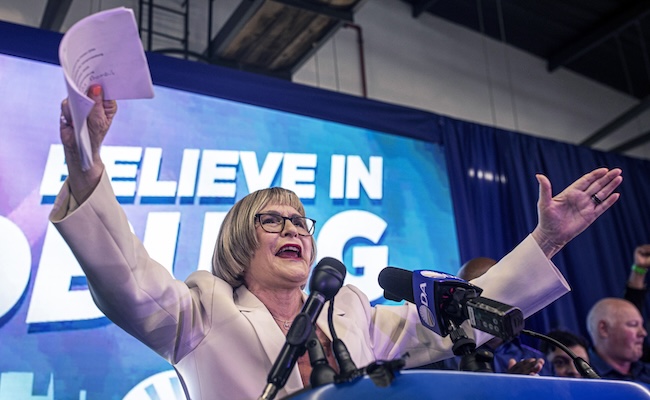
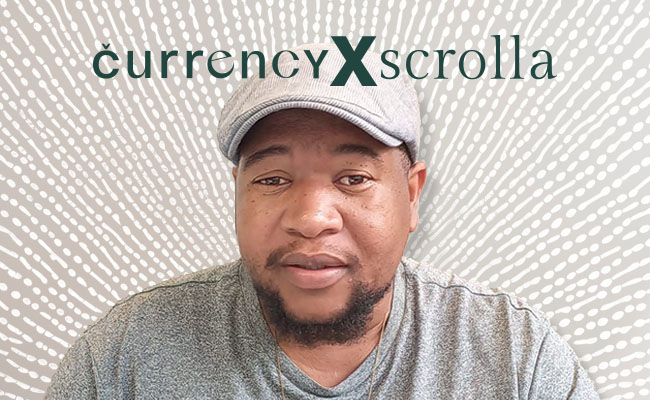

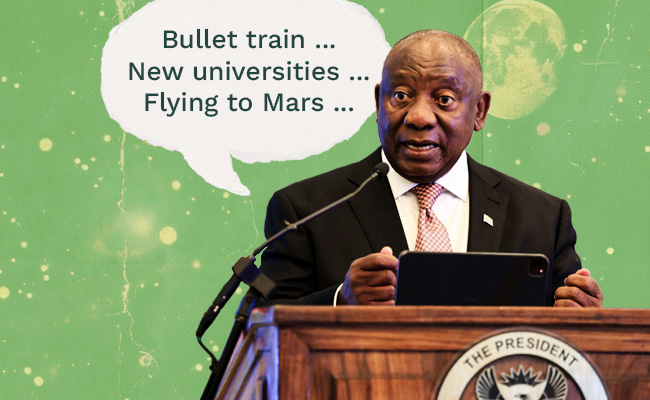
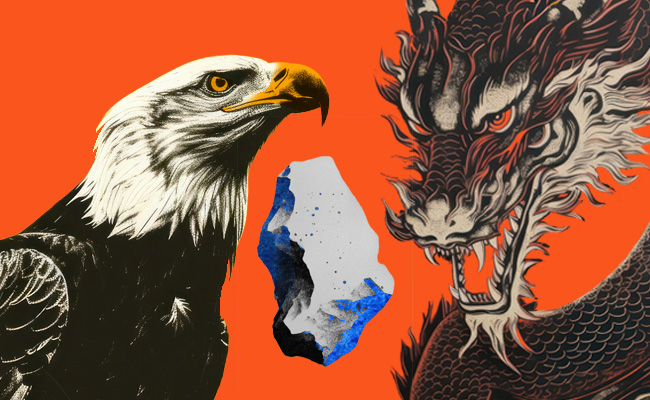
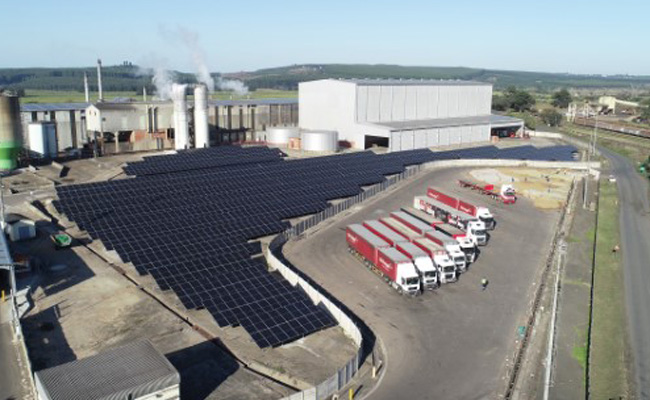
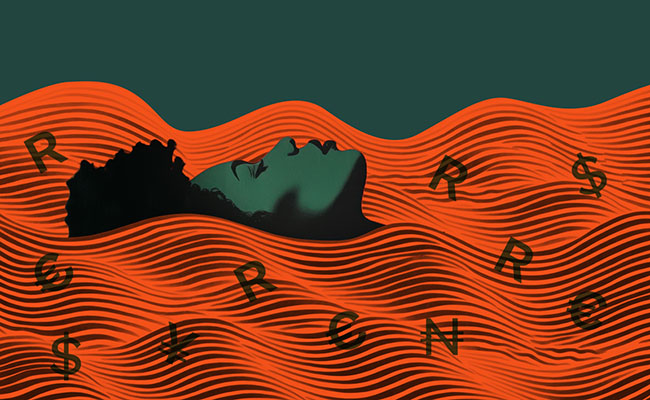



Good luck Helen! You are going to work really hard this time…..but we need you, Joburg just has to come right, its too important to throw away.